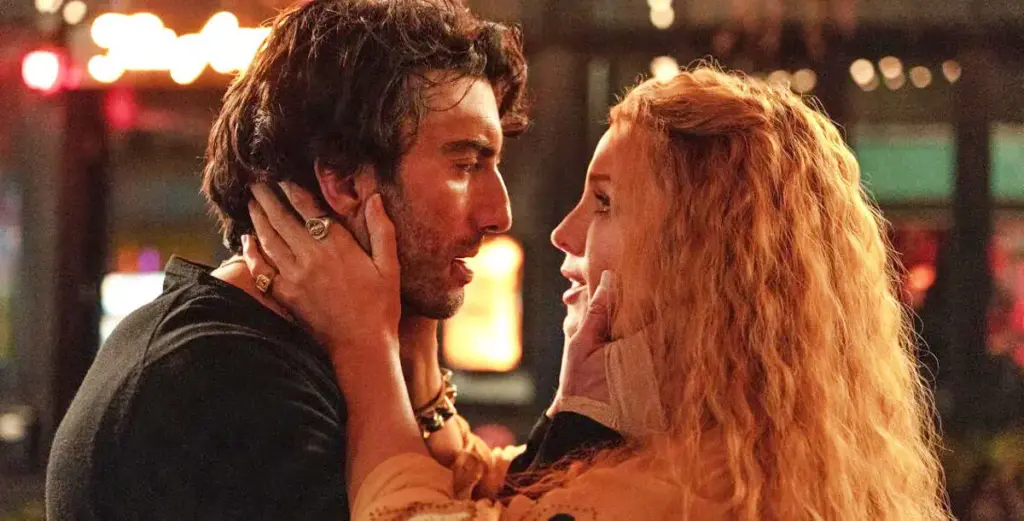New revelations from whistleblowers and leaked documents are shedding light on what analysts are dubbing the “Corporate PsyOps Pipeline.” This alleged multi-industry scheme includes concert promoters, security firms, and legal teams working together to manipulate public perception, limit liability, and enhance market dominance, particularly spotlighting Live Nation—a major player in the concert and events industry.
Reports indicate that Live Nation and its collaborators haven’t just failed to prevent tragic incidents like the Manchester Arena bombing, Las Vegas Route 91 Harvest shooting, and Houston’s Astroworld crowd disaster; they've seemingly woven these events into a systematic approach to public relations that takes advantage of trauma. Insiders claim security firms tied to these events operated not only for safety but also to manage information, controlling access to footage and witnesses post-tragedy.
Following each incident, a series of rapid legal protocols were reportedly enacted. This included embedding liability disclaimers within ticket sales and coordinated efforts with crisis PR teams to shape the narrative in the media. Whistleblowers point to alarming documents, likening the outlined procedures to covert military operations rather than typical event safety protocols.
Financial trends suggest that, rather than suffering losses, Live Nation benefits from such tragedies. For instance, after the Manchester bombing, Ariana Grande’s benefit concert saw a massive rise in ticket demand, indicating potential profit from perceived redemption narratives that followed disasters.
Critics claim this results in a cyclical system where the key players control every aspect—from event management and incident response to media narratives and legal defenses—merging safety failures with potential profit motives.
In light of these serious allegations, numerous U.S. lawmakers have begun pushing for federal investigations into Live Nation's practices, highlighting issues of public safety alongside competitive fairness in the industry. Legal actions are underway to scrutinize the communication between event organizers and security firms around these significant events, suggesting a possible dark side to modern entertainment that monetizes human tragedy.























